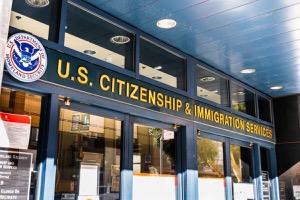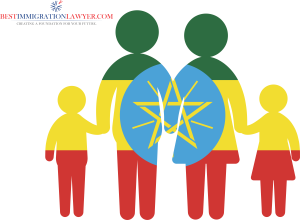This is a question we are often asked at BestImmigrationLawyer.com. That is, can a person can work in the United States after applying for asylum. The simple answer is, not immediately, but yes, an asylum seeker can work in the U.S., after meeting certain conditions set by the U.S. Citizenship and Immigration Services (USCIS).

Asylum is a form of protection granted to individuals who have arrived in the United States (U.S.) and who credibly fear persecution in their home country based on race, religion, nationality, political opinion, or membership in a particular social group. Once an individual has applied for asylum, they must wait approximately 150-days after the USCIS receives their completed asylum application before they can apply for an Employment Authorization Document (EAD), also known as a “work permit.” If the asylum application remains pending after 180-days, counting from the 150-day mark, the applicant becomes eligible to receive a work permit while waiting for a decision on their asylum status. However, it should be noted, these waiting periods only apply if the asylum application is not acted upon (i.e. decided) by the USCIS. If, on the other hand, the application is granted, the individual becomes an asylee and is immediately authorized to work.
Many clients often ask, why is there a 150-day waiting period in the first place? The reason is because the government doesn’t want people coming to the United States for economic reasons instead of those reasons (i.e. race, religion, nationality, political opinion, or membership in a particular social group) that would normally support asylum. In other words, the waiting period is a way of discouraging economic migration. The processing time also allows USCIS sufficient time to properly investigate, assess and process asylum applications.
 Immigration Lawyer Blog
Immigration Lawyer Blog



 country is also experiencing food shortages, dangerous environmental conditions and other hardships that make life dangerous. In recognition of this, the Secretary of DHS,
country is also experiencing food shortages, dangerous environmental conditions and other hardships that make life dangerous. In recognition of this, the Secretary of DHS, 